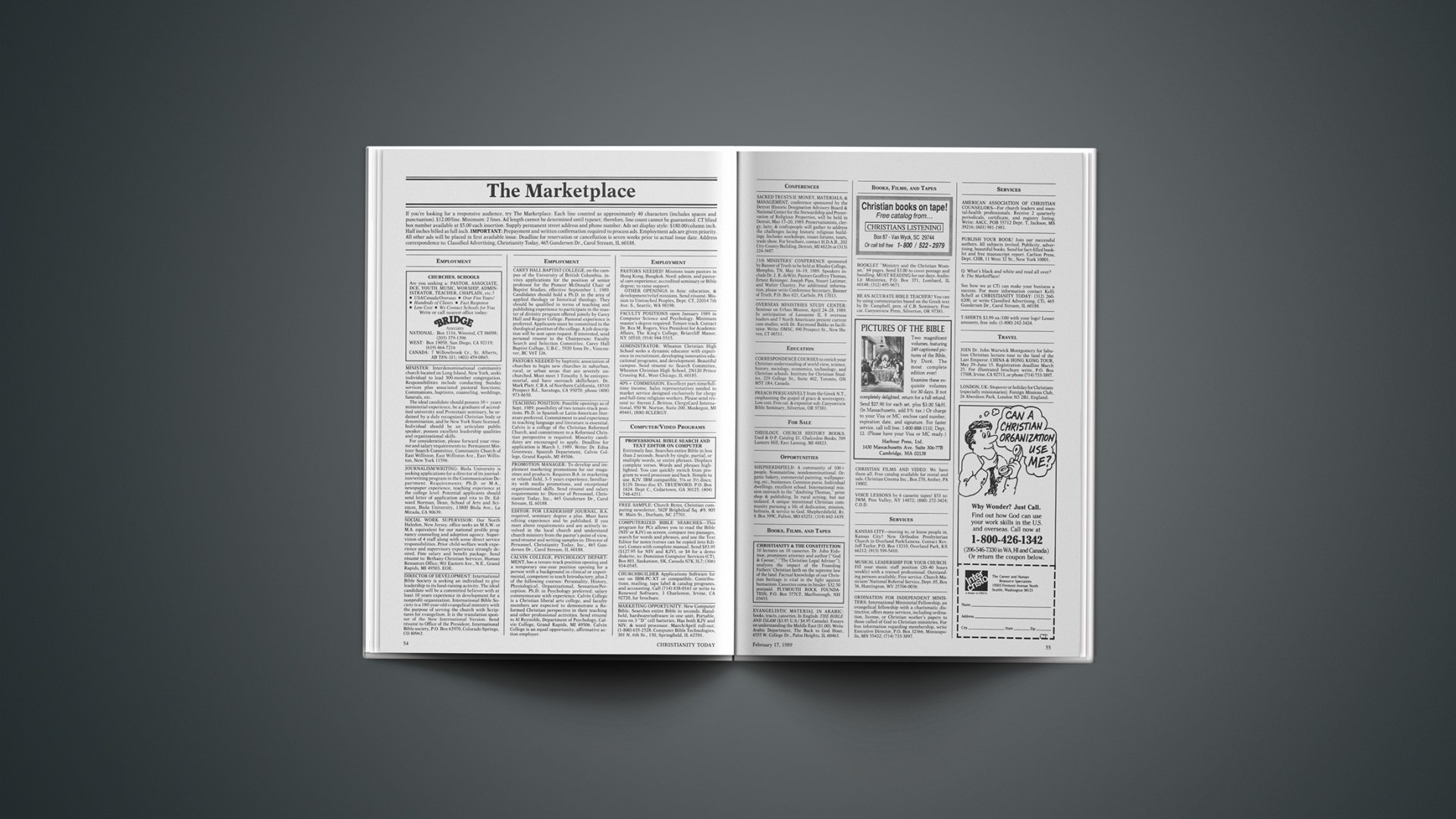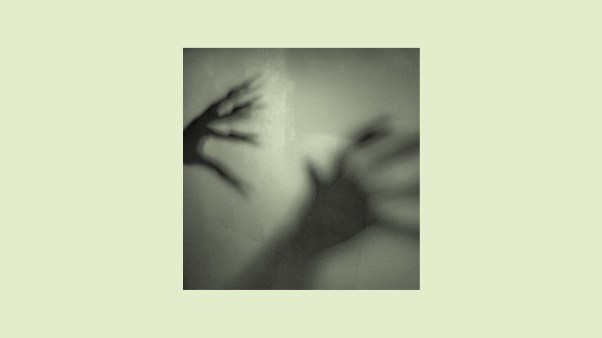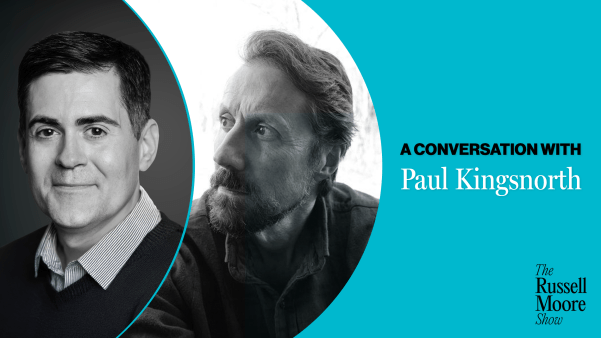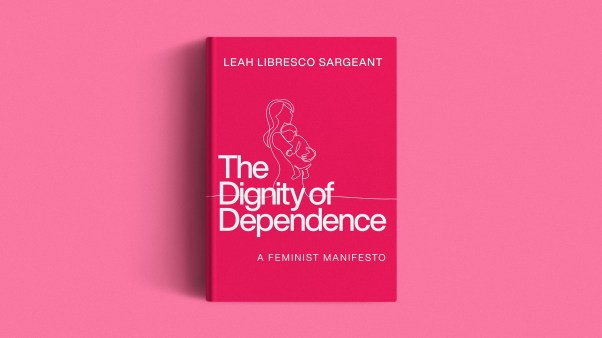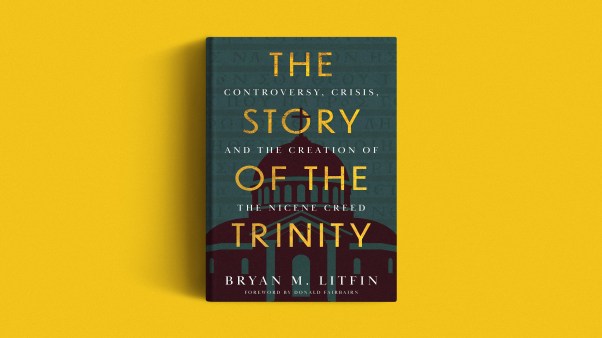During my childhood and adolescence in the Deep South, I often went to churches of the type usually branded “fundamentalist.” I realize the word fundamentalist is used in elastic ways—some good, some not so good. To help place us on the subcultural grid, I should note that these folks regarded blacks as subhuman, believed Martin Luther King was “a card-carrying Communist” (Do they really carry cards, these Communists?), and worried about liberal tendencies at Bob Jones University.
And so when a friend recently asked me to fill out a survey designed for “Adult Children of Fundamentalism,” I felt appropriately qualified as a research subject. First came a series of statements to rate. I was asked to mark by each whether I agreed, strongly agreed, disagreed, strongly disagreed, or didn’t know. Here are some sample statements:
• God is capricious.
• My body is ugly.
• The world is a bad place.
• I have difficulty having fun.
• Feelings are bad.
• I’m quick to judge others.
• Sex is bad.
• I’m afraid that I’m going to hell.
I dutifully checked off my responses to these and other statements (No, I’m not telling), and then proceeded to the open-ended portion of the survey. There I ran into some surprises.
“Has guilt been an issue for you? What type of things do you feel guilty about? Do you consider yourself a judgmental person?” Yes, guilt has been an issue for me. I was brought up feeling guilty for such borderline activities as roller skating (too much like dancing), bowling (some alleys serve liquor), and reading the Sunday newspaper (work). Today, I could do any of those activities with an unsullied conscience, but I often feel guilty about other matters. And yet as I filled out the survey I realized I have no lingering resentment against feeling guilty. My answer to the last part of the question may explain why: Yes, I consider myself a judgmental person, and that’s one of the things I feel guilty about. Guilt is the very thing that makes me aware of my judgmentalism, not to mention numerous other flaws.
Over the years, while my personal list of “what I feel guilty about” has changed dramatically, my attitude toward guilt itself has moved from irritation to appreciation.
“How did fundamentalism affect your sense of self-esteem? In what ways do you feel superior/inferior to other people?” My mind went back to scenes of piercing shame. Standing before a high-school speech class trying to explain why I wouldn’t be able to go with them to view a movie version of Othello. Sitting on a garish red-and-white Youth for Christ Bible Club bus, piano equipped, as it lazily circled the school grounds, stirring up scorn. Listening to a biology teacher sarcastically explain to the class why my 20-page term paper had failed to demolish Charles Darwin’s 592-page Origin of the Species.
Shame, alienation, inferiority—these defined my adolescence. And yet, I asked myself, what permanent damage had they done? I may still suffer some psychological scars, but what of the alternatives? I think of the spoiled rich kids in my high school who grew up not with shame and inferiority but with arrogance and superiority. In high school, I envied them; now, I pity them.
I was “handicapped” by fundamentalism, yes. But the handicap ultimately challenged me to understand better what it means to be “poor in spirit,” a state that Jesus described as a prerequisite for inheriting the kingdom of God.
“What were you taught about emotions? What effect do you think your fundamentalist upbringing has had on your ability to achieve emotional intimacy? How do you think fundamentalism shaped what you learned about sexuality?” Okay, I admit fundamentalism did some real damage here. In my youth I felt a curious schizophrenia about emotions. On the one hand, I learned at church to repress emotions: negative emotions, such as anger, led to sin; positive emotions, such as joy and happiness, led to pride, a sin of a different stripe. Yet at the same time, I constantly had to brace myself against the emotionalism of the church services. Revival speakers, having dangled before us visions of hellfire, would cajole us through endless repetitions of “Just As I Am,” until every last inner spark of fear and guilt had ignited.
Even the harmful effect of that whipsaw approach to emotions, however, has been partially redeemed. Seared emotions, a deep sense of alienation, a tendency toward inwardness—the residual impact of these has actually contributed to my career as a writer, which relies on the stance of an observer who somewhat enters in but mostly stands on the sidelines.
The survey on fundamentalism, after proceeding in like manner for five pages, concluded by asking me to summarize the positive effects in my life of having grown up in fundamentalism, and then the negative. For positive effects, I listed biblical literacy, a recognition of the seriousness of individual choices and behavior, and God awareness. For negative effects: cultural illiteracy, residual judgmentalism, and social isolation and limited life experiences.
It didn’t take long for me to determine which of the two lists has proved more important in forming who I am today. In fact, a funny thing happened as I filled out the survey. I had expected the exercise would, by prompting me to relive painful moments, bring to the surface unresolved anger and resentment. But when I reached the end, I was struck mainly with a sense of gratitude for my heritage.
“Why was this man born blind?” Jesus’ disciples asked. He gave an answer at once incomplete and profoundly satisfying: “Neither this man nor his parents sinned, but this happened so that the work of God might be displayed in his life.” That’s a good lesson for all of us with “handicaps”—even the handicap of fundamentalism—to remember. I realized, when I had completed the survey, that my sense of gratitude traced back to the healing grace of God, not fundamentalism. For me, a proof of that amazing grace has been its ability to penetrate within a system that, in some ways, seems especially designed to perpetuate ungrace.

